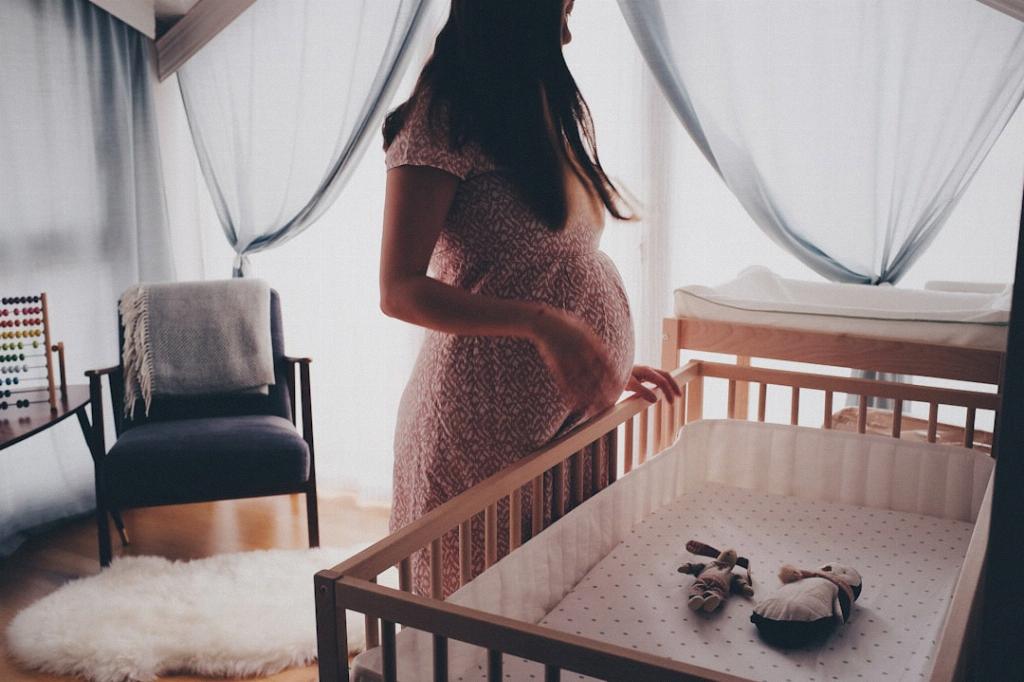Menstruation is a natural biological process that typically occurs in women of reproductive age who are not pregnant. During the menstrual cycle, the body prepares for a potential pregnancy by thickening the uterine lining. If no fertilization occurs, this lining sheds, leading to menstruation.
Signs of Pregnancy
When a person becomes pregnant, their body undergoes various changes to support the developing fetus. Some common signs of pregnancy include missed periods, nausea, breast tenderness, and fatigue. However, experiencing bleeding that resembles a period can raise questions about the pregnancy.
Understanding Implantation Bleeding
Some individuals may mistake implantation bleeding for a period when they first become pregnant. Implantation bleeding occurs when the fertilized egg attaches to the uterine lining, causing light spotting. It typically occurs around the time of an expected period but is much lighter and shorter in duration.
Early Pregnancy Complications
In some cases, bleeding during early pregnancy may indicate potential complications such as an ectopic pregnancy or a miscarriage. It is crucial for individuals experiencing abnormal bleeding during pregnancy to seek medical attention promptly to rule out any concerning issues.
Menstruation During Pregnancy
While it is not possible to have a traditional period while pregnant, some women may experience light bleeding or spotting throughout their pregnancy. This bleeding is usually not as heavy as a typical period and may occur due to various factors such as hormonal changes or implantation.
Bleeding and Pregnancy Health
It is essential for pregnant individuals to monitor any bleeding they experience and inform their healthcare provider. While light spotting is usually normal, heavy bleeding, severe cramping, or clotting may indicate a more serious issue that requires immediate medical attention.
Postpartum Changes
After giving birth, individuals may experience postpartum bleeding known as lochia. This discharge is normal and consists of blood, mucus, and uterine tissue. It typically occurs for several weeks following childbirth as the body sheds the remaining uterine lining.
Changes in Menstrual Patterns
Following pregnancy and childbirth, individuals may experience changes in their menstrual patterns. Some women may have irregular periods, heavier or lighter bleeding, or different cycle lengths. These changes are often temporary and can be influenced by various factors.
Consulting a Healthcare Provider
If there are concerns about menstruation or bleeding during pregnancy, individuals should consult a healthcare provider for personalized guidance. Medical professionals can perform evaluations, tests, and ultrasounds to assess the health of the pregnancy and address any underlying issues.
Emotional Support and Education
Coping with the uncertainties of pregnancy and potential bleeding can be emotionally challenging. Seeking support from loved ones, joining prenatal classes, and educating oneself about pregnancy-related changes and symptoms can help individuals navigate this transformative journey.
Conclusion
In conclusion, while it is not normal to have a traditional period when first pregnant, it is possible to experience light bleeding or spotting. Understanding the differences between menstruation, implantation bleeding, and pregnancy-related complications is crucial for ensuring the health and well-being of both the individual and the developing fetus.

